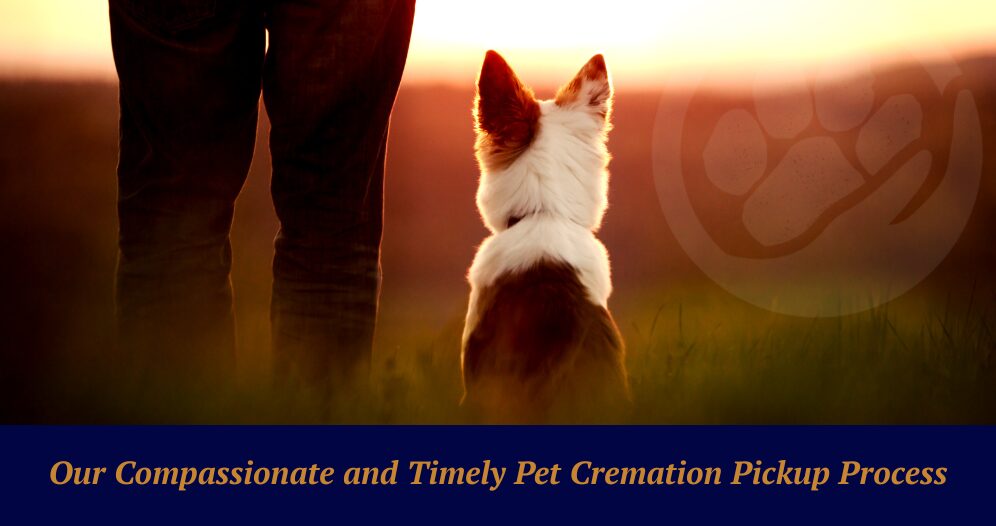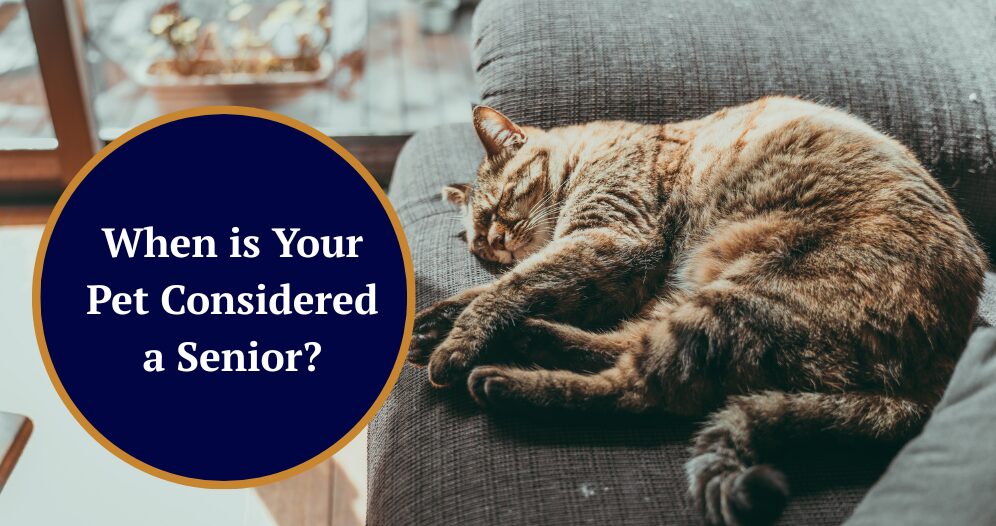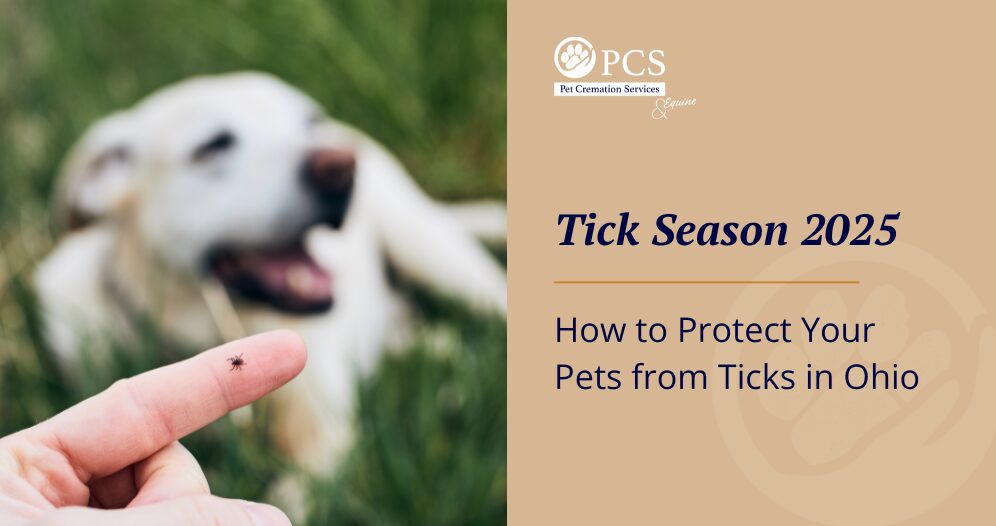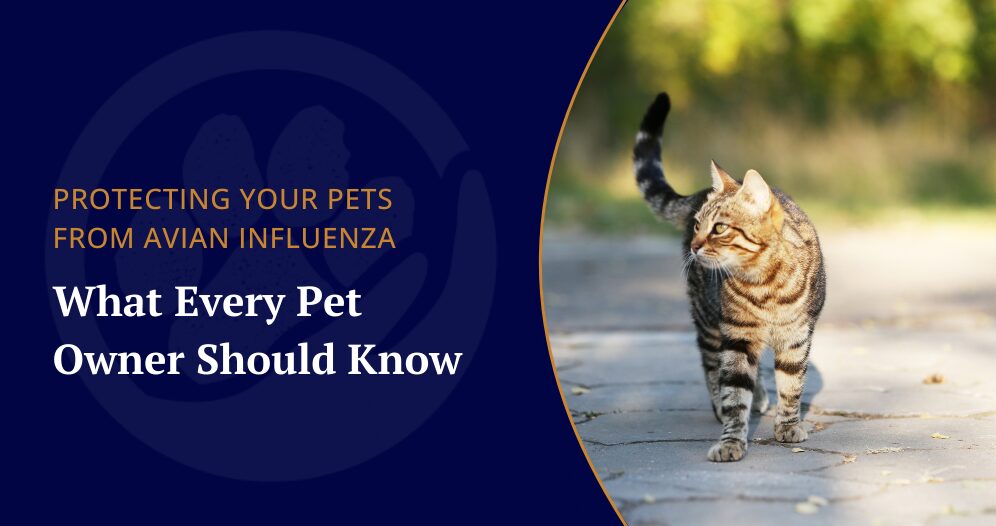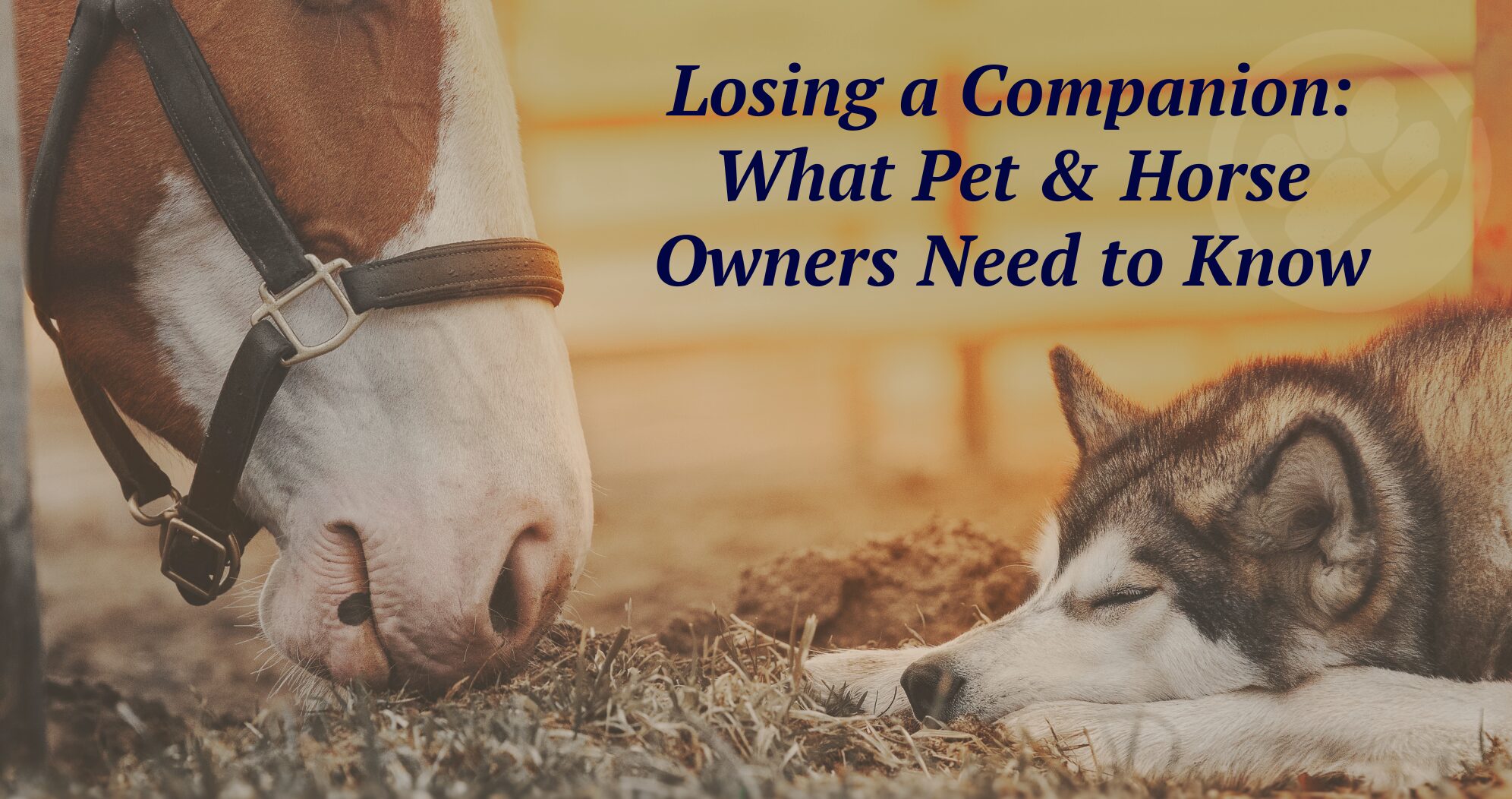
Animals bring immense joy to our lives and become an irreplaceable part of our family. It doesn’t matter if your companion is a horse, bird, cat, dog, bunny, or reptile – your animal is a beloved friend. And with any animal, saying goodbye is something all owners will face at one point or another. Regardless of whether it is due to injury, old age, or disease, saying a final farewell to an animal that you’ve developed a deep bond with hurts all the same.
While nothing can make saying goodbye easier, preparing for and knowing what to do when they die can give you some level of control, and help keep an already stressful situation from becoming more difficult.
Signs Your Animal Is Getting Ready to Pass
While some animals exhibit the same behavior up until they pass, there are some telltale symptoms that your animal is getting close to their final months, weeks or days. These could potentially include:
- Lack of interest in eating or drinking
- Decreased energy
- Getting sick more often
- Difficulty getting up or standing
You ultimately know your animal better than anyone, so if they show any of the above signs or something simply seems off, take them to the vet to be sure.
What To Do If Your Animal Dies at Home
If your beloved animal is under the care of a veterinarian at the time of his or her passing, he or she can guide you through the next steps. However, if your animal dies at home, there are a few things you should do:
- Confirm Your Animal Has Passed
Ailing and elderly animas often breathe very shallowly, lie still, or sleep for long periods of time, particularly if they are transitioning and death is near. To verify signs of life, assess for a pulse and listen for any signs of breathing. - Call Your Vet
Let them know your animal has passed. If you’re away from home, your vet’s office is closed, or you lack a regular vet, contact the nearest emergency veterinarian clinic. Expert guidance will ease the situation, especially as you move forward to attend to your animal’s remains and prepare to say goodbye. - Consider How You Want to Handle Your Animal’s Remains
When you call your vet, they may ask what you would like to do with your animal’s remains. While no permanent decisions need to be made immediately, your options likely include burial, a private cremation, or a communal cremation. Typically, your vet will also be able to contact a cremation or burial service provider for you. - Contact PCS
If you know you would like your animal cremated, contact Pet Cremation Services directly after your animal’s passing or ask your veterinarian to do so. We offer equine and other pet cremation services and will send a member of our care team to pick up your animal following our trustworthy and established process that we have relied on for over 25 years. - Place Your Animal on a Towel or Blanket and Move to a Cool Place
When your animal dies, physical changes begin immediately. As the animal’s muscles begin to relax, their body may begin to expel fluids, which may cause stains. If possible, wrap the animal in a couple of plastic bags and move it to a cool, dry place such as a garage or cold stone floor. - Position Your Animal
To make moving, transportation, and burial easier, gently tuck your animal’s legs into their body before stiffening sets in, which typically occurs 3 to 4 hours after death. Particularly if your animal is large, it may be difficult to move alone. - Let Other Animals Say Goodbye
Take a moment to allow your other animals to sniff their friend’s body, as it will help them to understand what has happened and they can start to grieve. - Memorialize Your Animal
After your animal has passed, you might wonder how you can memorialize them. PCS offers a variety of memorial products for you to choose from. If you have questions, please contact our team and we can walk you through the process. - Allow Yourself to Grieve
It’s critical to give yourself the time to grieve the loss of your animal companion. Losing them can leave a void in our heart that is hard to fill, and surrounding yourself with friends and family can offer support during this difficult time.
At Pet Cremation Services, we are here with you every step of the way after the loss of an animal. You can learn more about our process, find resources to help you deal with your grief, review our Frequently Asked Questions, shop our memorial products to help you celebrate the life you shared with your animal.


